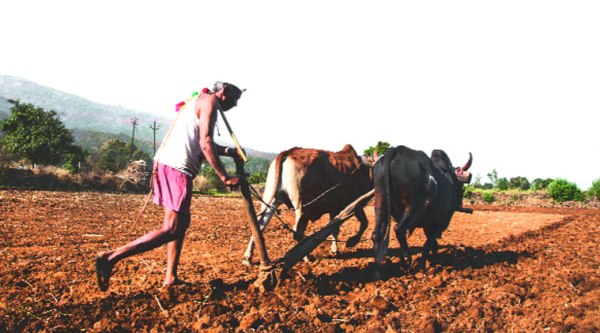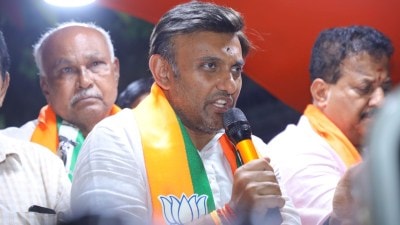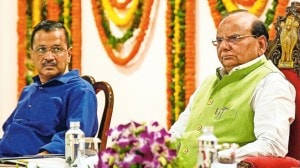- India
- International
Traders have their way, recovery of commission from farmers to continue
As per the prevalent practice, a farmer has to pay 3-6 per cent in commission to the middlemen between him and trader.
 As per the prevalent practice, a farmer has to pay 3-6 per cent in commission to the middlemen between him and trader.
As per the prevalent practice, a farmer has to pay 3-6 per cent in commission to the middlemen between him and trader.
Buckling under pressure from traders, the Devendra Fadnavis government in Maharashtra Monday stayed its decision to abolish the practice of collection of commission (aadat) from farmers for sale of agricultural produce.
Cooperation and Marketing Minister Chandrakant Patil announced the stay during proceedings of the winter session of the Assembly in Nagpur.
On December 20, Director, Marketing, Dr Subhash Mane had issued directives asking all agriculture produce market committees (APMCs) in the state to stop recovering this commission from farmers.
Aadat is pocketed by commission agents who act as middlemen between farmers and traders. Mane’s order had ruled that the commission instead be collected from traders or end users.
As per the prevalent practice, a farmer has to pay 3-6 per cent in commission to these agents.
Sources said the government’s original orders aimed to present a more “farmer friendly” face. But it backtracked after APMC traders and commission agents threatened to close down markets. In some APMCs, the traders even carried out the threat.

The Supreme Court too has ruled against collection of commission from farmers. The state’s first tried to do away with it in 1996 during the Shiv Sena-BJP regime. Pressure from traders had forced the government to withdraw the move even then.
Similar attempts were also made during the 15-year Congress-NCP rule. Former agriculture minister Radhakrishna Vikhe-Patil had pushed aggressively for the reform. The politically influential traders and commission agents however managed to block the initiative each time.
Justifying the stay, Patil said the practice could not be abolished till a proper alternative to it was established.
Apr 27: Latest News
- 01
- 02
- 03
- 04
- 05































